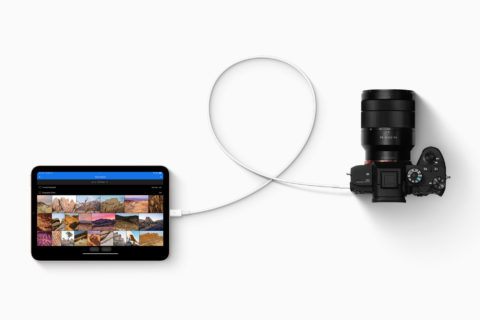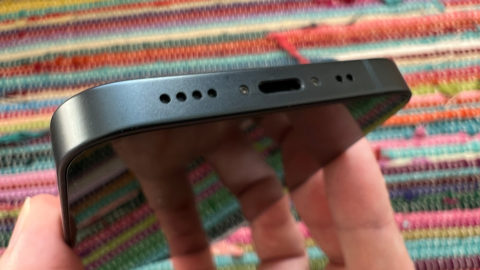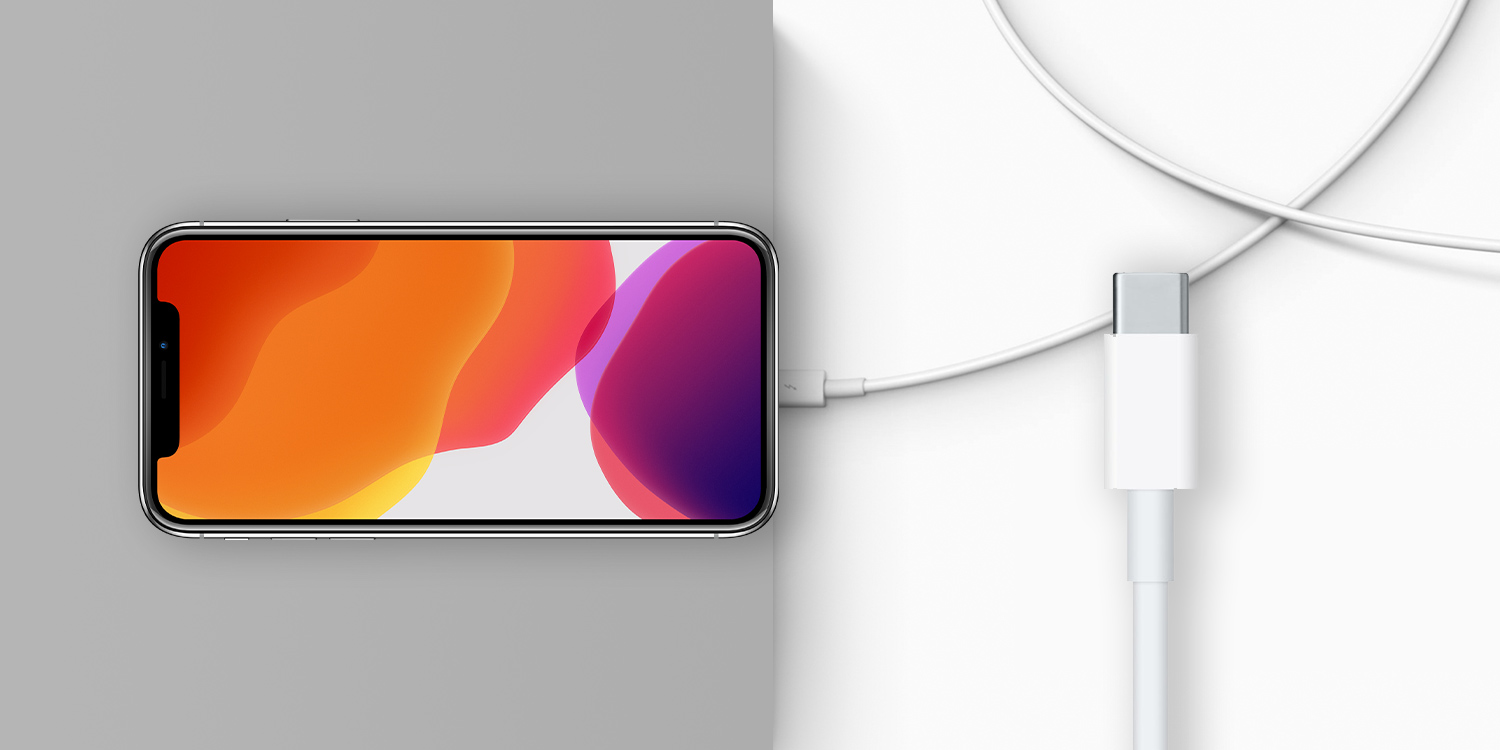It increasingly looks like pro workflows will remain beyond Apple’s flagship iPhones
When the new iPad mini was revealed, Apple made a lot of noise about its USB-C port. The company said it provides 10x faster data transfer than the previous-generation’s Lightning port and “connects to a vast ecosystem of USB-C accessories.”
Many of these are ‘pro’ in nature, enabling – as Apple puts it – “high-bandwidth input and output” for creatives like photographers on location, or for doctors conducting remote ultrasounds. But such connectivity can equally be a boon to the typical user working with their own cameras and storage. Then there’s the fact USB-C has fast become ubiquitous across the industry, not least in rival Android handsets.

USB-C: good for iPad mini, but apparently not for iPhone Pro
A strange disconnect remains with iPhone. In one moment at its September event, Apple was talking about how great it was for the iPad mini to get USB-C, opening it up to pro workflows. Then it enthused about its new iPhone Pro – a device that literally has ‘Pro’ as part of its name – being in the hands of video pros. Yet it remains lumbered with a Lightning port.
Surely, pro-grade hardware and workflows deserve pro-grade connectivity? When you buy a device that costs north of a grand, which Apple touts as ideal for high-quality video that results in massive files, getting said content off a device should be faster?
Lightning rod for Apple’s back
Again, such a port would benefit everyone, since you’d be able to move any and all files across wired connections blazingly fast, wired charging would be swifter, and the device would work with an increasingly wide range of consumer USB-C accessories.
So why does Apple continue to ‘think different’ on this subject? One persistent rumor is the company’s sticking with Lightning because wireless is on the horizon – although an iPhone with no ports at all would be challenging to say the least for fast data transfer, tasks that require low latency, efficient charging and even diagnostics and device recovery.

Is Apple sticking with Lightning until it can reveal an iPhone with no ports at all?
Related to this are suggestions Apple likes the cash it makes from MFi accessories and that users don’t like wasting cash they’ve spent on them, creating e-waste in the process. In other words, there was pain when Apple ditched the 30-pin iPod connector for Lighting and it doesn’t want to put people through that again, if no-ports is the future. But when with that future arrive? And is cutting people off from USB-C in the meantime really the smartest move?
Perhaps the sheer size of the iPhone market compared to the iPad is what counts here, because otherwise it’s awfully strange to make an argument for one device and then the precise opposite argument for another. Ultimately, though, Apple does what it believes best for the user and itself. Lightning is what we’re stuck with for now – but it strikes us Apple could be making a better decision for pros and everyone else alike.

